
CAR-T cell therapy is a relatively new treatment option for patients with blood cancers, but it’s one showing promise across the landscape. Here’s what you need to know.

CAR-T cell therapy is a relatively new treatment option for patients with blood cancers, but it’s one showing promise across the landscape. Here’s what you need to know.
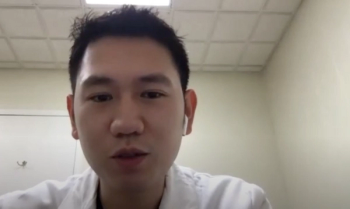
Doctor turned patient with cancer, Dr. Dan Tran, discusses how research and new medicine can help your hang onto hope during the cancer journey.
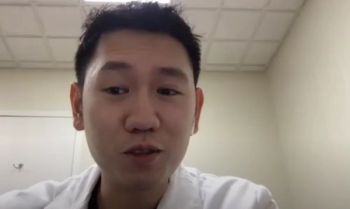
Dr. Dan Tran discusses his stage 4 lung cancer diagnosis at age 30, and how he has managed the shift from doctor to the patient with cancer.

In a candid announcement on Friday, November 6th, famed Today Show host Al Roker announced his recent prostate cancer diagnosis and prognosis.

Each month, we take a look back at the most popular CURE® stories. Here are the top five for October 2020.
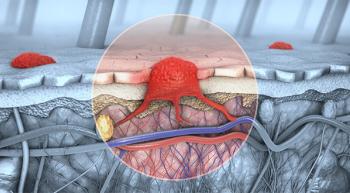
5-year follow up data from a promising trial shows survival benefits with the combination treatment of Tafinlar and Mekinist with patients with melanoma.

A study assessing the value of movement found that it improved physical and mental health in older adults who had survived cancer, as well as those with no history of the disease.
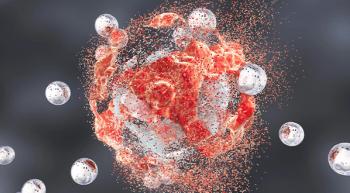
In addition to showing clinically meaningful, durable responses, Tazverik (tazemetostat) was generally well-tolerated in heavily pretreated patients with relapsed or refractory follicular lymphoma, according to the results of an open-label, single-arm, multicenter phase 2 study.
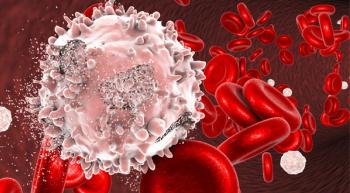
A study evaluating the efficacy of Aliqopa (copanlisib) in combination with Rituxan (rituximab) in patients with indolent non-Hodgkin’s lymphoma who have relapsed after at least one prior line of therapy also involving Rituxan has met its primary endpoint, according to Aliqopa’s manufacturer, Bayer.
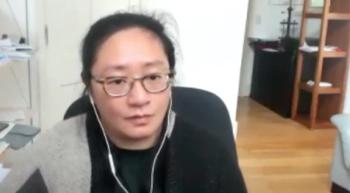
Follicular lymphoma treatment options are changing, and according to one expert, immunotherapy could become a major part of therapy sequencing.
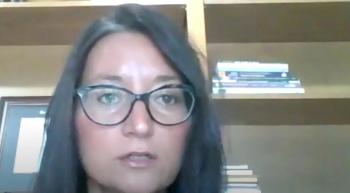
Dr. Kami J. Maddocks discusses the importance of effective treatments for patients with aggressive follicular lymphoma and the treatment challenges they face.

Researchers found that neoadjuvant chemotherapy with intense dose-dense Ellence (epirubicin), Taxol (paclitaxel), and Cytoxan (cyclophosphamide) (iddEPC) demonstrated significant disease-free survival benefits in the treatment of patients with HR+/HER2- breast cancer.

For Metastatic Breast Cancer Awareness Day on Oct. 13, 2020, here’s a round-up of fast facts and the latest news and updates in this disease space.
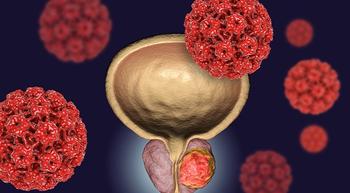
Some patients are better suited for surgery than others. In general, patients with widespread metastatic disease are also not good candidates for surgery, particularly if their cancer has spread beyond the prostate to areas like the liver, lungs, and bones.
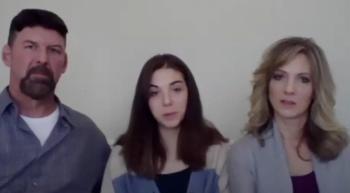
Emily Whitehead’s family details her journey with cancer and how advocating for their daughter led to Emily’s extraordinary CAR-T cell therapy treatment.
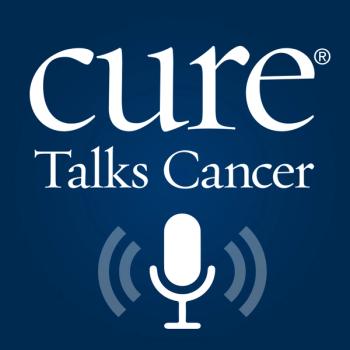
In this week’s episode of the CURE® Talks Cancer podcast, we spoke with Dr. Grant Williams to take a closer look at the state of geriatric cancer treatment.

In an interview with CURE®, Emily Whitehead details her journey as a pediatric cancer survivor and how you won’t be able to predict it.
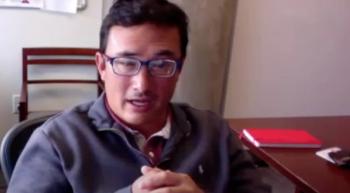
Potentially curative therapies for radiation-related dry mouth aren’t only beneficial for patients with cancer, but others who suffer from dry mouth in general.

Cancer survivor offers his advice to the newly diagnosed as they start their treatment journey.
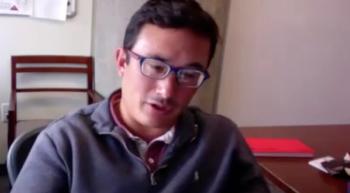
Dry mouth is a common cancer treatment-related side effect for patients, but a new experimental therapy could help with that.
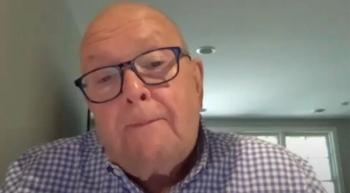
Larry Whipple had to travel 1,500 miles from his hometown for a second opinion after he was diagnosed with advanced lung cancer, but through the course of his treatment he had to remain in isolation to avoid further illness.

Each month, we take a look back at the most popular CURE® stories. Here are the top five stories for September 2020.

On this week’s episode of the “CURE® Talks Cancer” podcast, pediatric cancer patient Jelena and mom Andrea join us to talk about what it was like facing cancer and a pandemic at the same time, and how they were excited to partner with St. Baldrick’s to raise money for pediatric cancer research.

In an interview with CURE®, the president of the National Center for Health Research elaborates on the effort to protect patients from potentially serious side effects associated with getting breast implants, including breast implant-associated anaplastic large cell lymphoma.

In this week’s episode of the CURE® Talks Cancer podcast, we chat with Dr. Tanja Gruber, the chief of pediatric hematology, oncology and stem cell transplantation at Stanford Children’s Health, about how pediatric cancer treatment is evolving thanks to advances in treatments like immunotherapy, and what parents should do after their child receives a diagnosis.
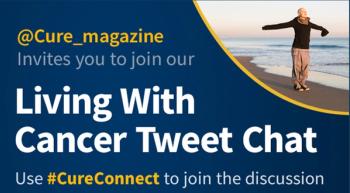
Save the date! We invite you to join CURE for our next monthly #CureConnect Tweet Chat on Thursday, September 24, at 1 p.m. EST, when we plan on discussing living with cancer, from mental health through treatment, to cancer-related pain and beyond.

The terminology surrounding the cancer journey is often associated with a “battle” and can misconstrue the experience of treatment.
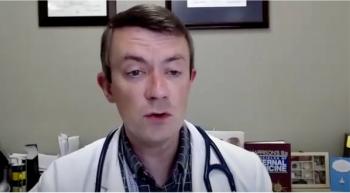
Dr. Mark Lewis discusses the rise of early-onset colorectal cancer, as awareness for the disease has spiked in the wake of Chadwick Boseman’s passing, being linked to the overuse of antibiotics.

Opioids are a common tool in treating cancer-related pain, but they are also at the center of a nationwide epidemic. One that researchers have found cancer patients are not as linked to as previously thought.
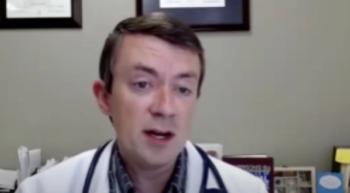
Young-onset colorectal cancer is sometimes hard for patients to talk about due to stigma, but one oncologist discusses how patients can be better self-advocates.